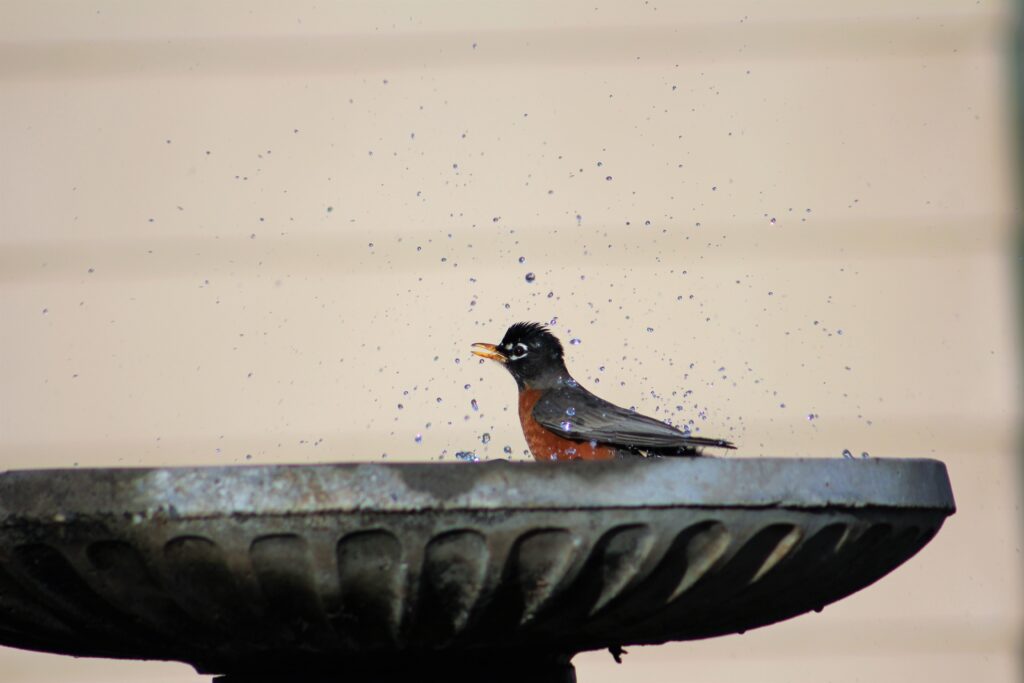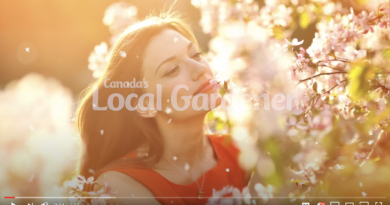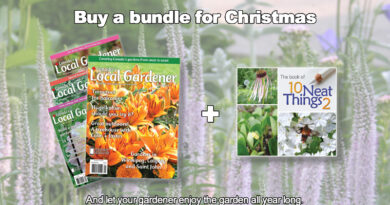Feathered Friends: Bird myths to be aware of
Feathered Friends with Sherrie Versluis
There are always many bird myths and questions about wild birds during the summer season. Some of them are asked so often, I know many people out there must have encountered the same situation. Here are the top questions.
Birds often hit our windows. How can we stop this?
Window collisions are a major contributor to the decline of many precious songbirds. The sad part is that most of the birds are migratory and have flown thousands of miles to get here. Their goal is to reproduce, but tragically their fate is to mistake window reflections for trees or the sky, and many perish. Even those who may appear to recover and fly away often suffer from internal bleeding and later die.
To prevent this, something must be applied to the outside of the window. Static cling decals are a great solution and are easy to apply. The most popular decals, the silhouettes of birds of prey, are a deterrent to all birds. Another option is ultra-violet decals that have a glowing effect on the window, allowing birds to see that something is there.
There is also a liquid, ultra-violet fluid: you can draw your own images on the window and they later wash off. Or you might want to consider hanging a wind sock from your eaves that will flutter in front of your windows and also prevent collisions.
When feeding ducks and geese, is it better to feed white bread or whole wheat?
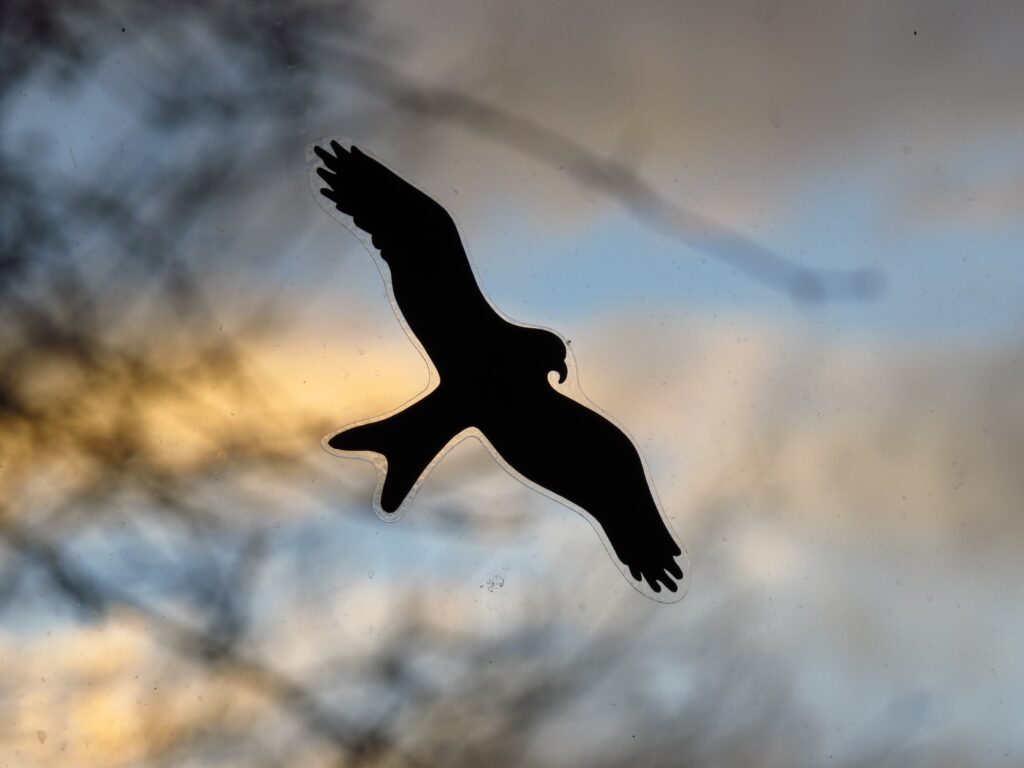
This continues to be a common bird myth to bust. The answer to this is a very healthy choice: NO BREAD at all! It does not matter if it’s dry bread, rye bread, old bread or new; bread of any kind is not an appropriate food for any wildlife.
Bread is a very unnatural food that is not found in nature and causes great digestive discomfort to birds. It swells up inside them after they consume it, causing pain and giving them a false sense of fullness.
Bread can also give birds digestive problems like diarrhea, which can contaminate small areas of water, like ponds at city parks. The biggest issue is the lack of nutritional value in bread. Birds that eat a lot of it can develop serious issues with their feather growth, making it difficult for them to fly. Consider cracked corn or wheat or even a wild bird mix for feeding ducks and geese.
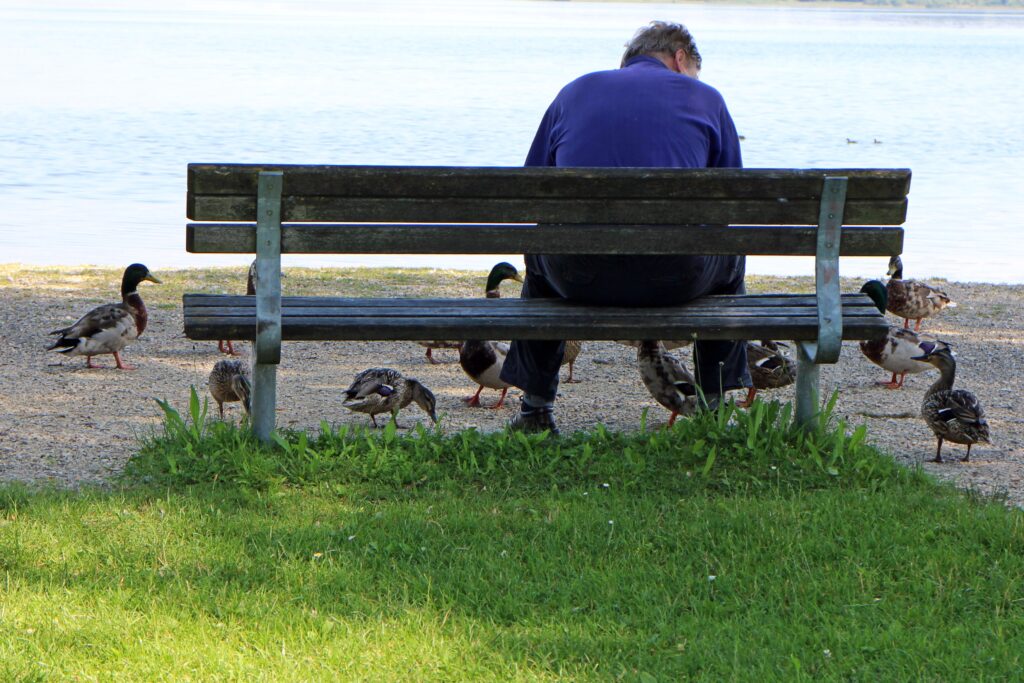
We would like to set up a bird bath in our yards but are concerned about mosquitoes and West Nile virus. Would we be contributing to this?
Bird baths are a wonderful piece of décor for the yard and offer people some great entertainment. Watching birds splash and drink fresh water is one way of enjoying nature.
If you are intending to provide this bath for birds to truly use, you should plan on maintaining it daily. For example, after American robins have been digging for worms, they need a bath to wash off all that mud. If blue jays come around, by the time they’ve finished splashing your bath could be nearly empty!
Mosquitoes need stagnant water to lay their eggs and for the eggs to hatch. If you maintain your bath properly, they won’t find a hospitable environment in your yard, but the birds will.
Our birdhouses are wrecked every year by squirrels chewing the holes bigger and using the house for storage. Is there a way to stop this?
Squirrels are always looking for as many storage areas as possible for their stashes of food. Birdhouses do provide a great place for this. Once the holes have been enlarged most birds will not find the house useful. Predator guards are a simple and inexpensive item for screwing over top of the hole to prevent this damage. Birds are not deterred by these at all but squirrels have to give up and find a new hiding place.
Sherrie Versluis is an avid birder.




